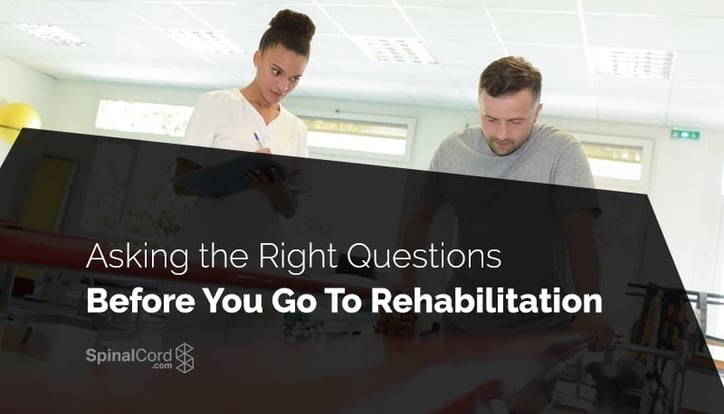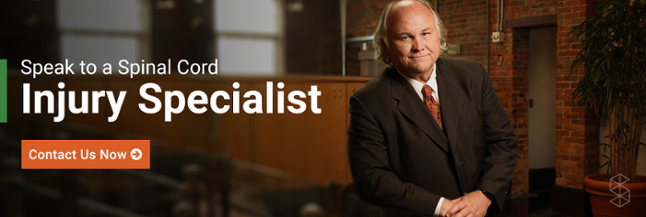Asking the Right Questions Before You Go To Rehabilitation

It is important to become an informed consumer and understand what it takes to maximize your recovery. Real progress in medicine depends on always doing what is right and best for our patients.
It has been proven that comprehensive rehabilitation services following a major medical event, such as a stroke, will:
- increase an individual’s functional independence
- enhance self esteem and quality of life
- promote the safe return to home and work
- increase the individual’s chances of returning to live at home
- decrease transfers back to acute care hospitals as well as discharges to nursing homes
It may not be easy to convince your insurance company to support inpatient rehabilitation, but you and your case manager need to fight for your right to choose. You want to make sure that you are given adequate choices that meet your specific needs. If you are not given an appropriate number of choices you should:
- Ask your physician to intervene as your advocate, but be sure to establish that the physician is independent from the plan making the decision.
- Review your insurance policy and benefits to see what you are entitled to receive.
- If you are not happy with the decision, insist on an appeal with your insurance carrier.
How do you make an intelligent choice once you have been given a list of facilities?
Here is a checklist that I have found helps patients and families make a decision that works best for them.
The Check List
You can take this list of questions with you when you visit a rehabilitation facility. It is important to visit and take a tour, for many families and patients are surprised to find themselves wheeled into a nursing facility that performs rehabilitation and not a rehabilitation hospital or true rehabilitation facility.
- Will a rehabilitation doctor see the patient, and how often will the patient be seen? Today, patients leave acute care hospitals sooner than they used to, and still need frequent medical visits. Be certain that a rehabilitation doctor will visit at least three times a week and that a combination of primary care and rehabilitation doctors will see the patient six to seven times a week. Close medical follow-up is critical and prevents transfers back to the acute care hospital.
- Do they have all the necessary members of the team on site? A physician, speech language pathologist, physical therapist, occupational therapist, dietitian, specialized rehabilitation nurses, respiratory therapists, case managers and access to the necessary medical consultants who, if needed, will care for your loved one? It takes a large team to do it correctly.
- How many hours of therapy per day will the patient receive? Remember that dose matters, and that rehabilitation hospitals are required to provide at least three hours of therapy a day.
- What is the staffing ratio of licensed nurses? Nurses are your front-line caregivers and are there 24 hours a day, 7 days a week. They are one of the critical factors in keeping you healthy and out of trouble. Some nursing homes may have only one registered nurse covering the entire facility.
- Are the nurses certified in rehabilitation (CRRN) and Advanced Cardiac Life Support (ACLS)?
- What percentage of the center’s patients with the same problem is discharged back to their homes?
- What percentage of the center’s patients return to acute care hospitals? Skilled nursing facilities have a discharge rate back to acute care of close to 25 percent while the number for rehabilitation hospitals averages 10 percent. This is a reflection of the ability to maintain a higher level of care for sick patients.
- Will you be assigned a case manager who will help deal with all of your needs, including equipment and discharge plans?
- Ask to see the therapy areas and what types of technology they have to deal with various physical problems.
- How do they deal with behavioral problems? Do they have special enclosure beds or other techniques to avoid having to medicate people who become confused or agitated?
- What type of programs do they have to address cognitive problems? Who performs the cognitive therapy?
These may seem like a lot of detailed questions to ask, but your success or that of your loved one is going to depend on picking the correct facility. You are now armed with new knowledge to make the best possible choice for you or your loved one. Good luck.
Stay Updated on Advancements On Traumatic Brain &
Spinal Cord Injuries
About the Author





